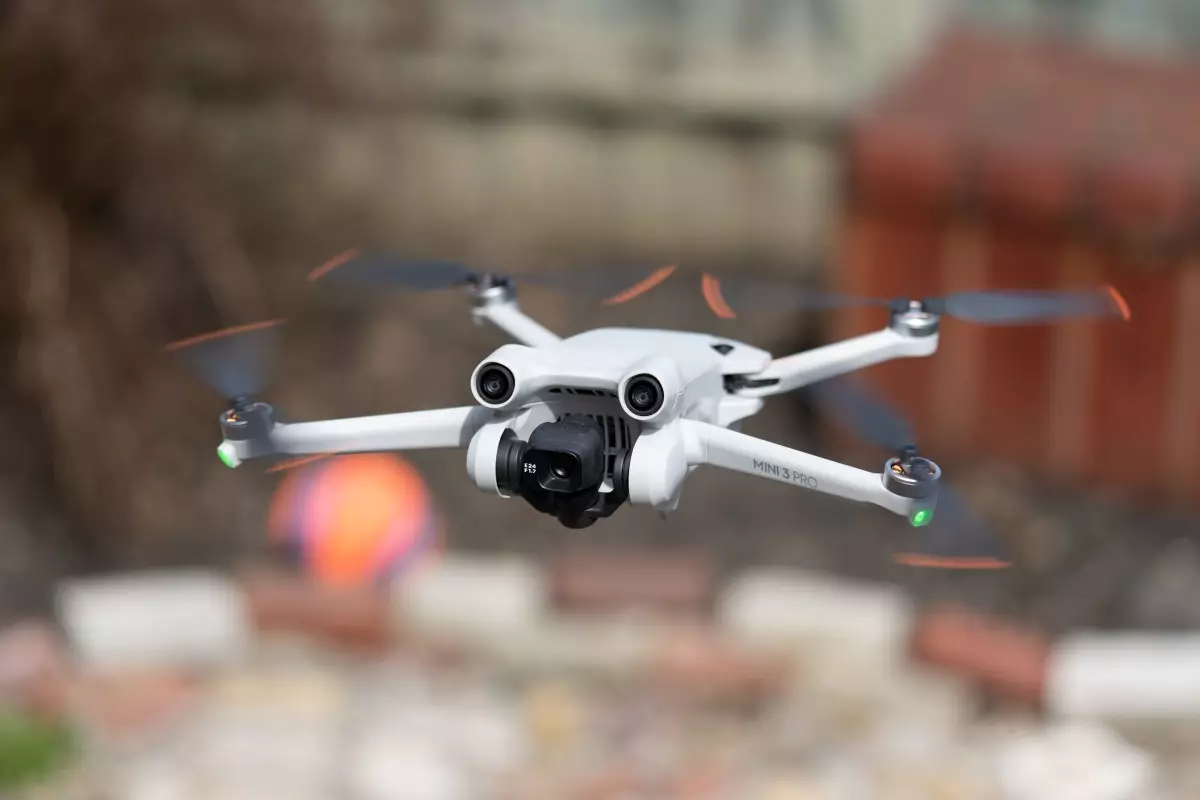In a significant development, the Chinese drone manufacturer DJI has initiated legal proceedings against the U.S. Department of Defense (DoD). The dispute centers on DJI’s recent designation as one of the “Chinese military companies,” a label that the company vehemently contests. This legal action follows over sixteen months of concerted efforts by DJI to communicate and negotiate with the DoD, ultimately leading to the determination that judicial recourse was the only viable option.
A spokesperson for DJI has explicitly stated that the company is neither owned by nor operates under the control of the Chinese military machinery. This claim is further supported by communications from the DoD itself, which recognize that DJI primarily produces consumer and commercial drones, rather than technology intended for military applications. This distinction is paramount for DJI, as the integrity of its operations and reputation within the global market hangs in the balance.
Policy Context and Fallout
The lawsuit is not an isolated incident but part of a larger trend of increasing scrutiny faced by Chinese tech companies in the United States. In 2020, the Department of Commerce added DJI to its Entity List, effectively severing ties with American companies by prohibiting them from doing business with DJI. Subsequently, in 2021, the Treasury Department followed suit with an investment block, heightening the financial strains on the company. These actions stem from allegations that DJI had been complicit in the surveillance of the Uyghur Muslim population in China, which has raised ethical concerns surrounding data privacy and state surveillance.
The implications of this lawsuit stretch far beyond DJI itself. A successful suit could set a precedent challenging how national security concerns shape the business landscape, particularly regarding foreign technology companies. This case symbolizes the increasing tension between the U.S. and China in the technological realm, where issues of innovation, security, and ethical responsibility intersect. If DJI prevails, it could lead to a reevaluation of the existing restrictions on Chinese firms, potentially opening doors for reestablished relations between American tech and Chinese businesses.
As the case progresses, industry analysts will closely monitor its impacts on the drone manufacturing sector and the broader implications for international trade and relations. DJI has positioned itself as a leader in the global drone market, and the outcome of this lawsuit could significantly influence its trajectory. Meanwhile, the DoD and other U.S. government branches must balance national security interests with the promotion of innovation and technological advancement. This scenario raises critical questions about the future of cooperation in a globalized marketplace amid rising geopolitical tensions.
DJI’s legal challenge underscores a critical juncture within the context of U.S.-China relations, emphasizing the complex interplay between national security and the pursuit of technological innovation.


Leave a Reply